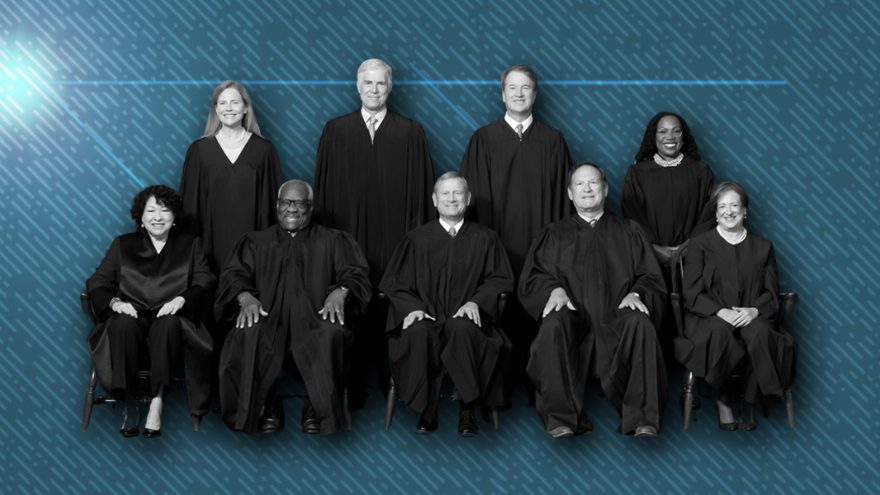In recent years, more states have taken action to prohibit individuals under age 18 from permanently altering their bodies through medically-induced sex change procedures. State legislatures have also passed laws restricting sports participation and bathroom usage for people who identify as transgender. As of last month, there were 25 states with bans on sex change medical procedures for minors. The case the Court agreed to consider involves a Tennessee law passed last year that bans sex change medical procedures (including hormone treatments and sex change surgeries) for patients under 18. Under the state’s Senate Bill 1, doctors and medical professionals are prohibited from administering medical procedures that enable “a minor to identify with, or live as, a purported identity inconsistent with the minor's sex” or to treat “purported discomfort or distress from a discordance between the minor’s sex and asserted identity.” Shortly after the law was passed, a lawsuit was brought by two teenagers who were receiving puberty blockers and testosterone treatments, seeking to block the state from enforcing the ban. The Biden administration joined the case under a federal law that allows the government to intervene in private legal actions if the U.S. Attorney General “certifies that the case is of general public importance.” Challengers to SB 1 argue that the law violates the Equal Protection Clause of the Constitution, saying it denies only transgender youth access to these forms of medical care while allowing non-transgender minors access to similar procedures. "It was incredibly painful watching my child struggle before we were able to get her the life-saving health care she needed. We have a confident, happy daughter now, who is free to be herself and she is thriving," plaintiff Samantha Williams said in a statement. Supporters of the legislation say that it protects children from making permanent, life-altering changes to their bodies due to emotions that are often fleeting. “Why would we ever allow minors to undergo genital mutilations and double mastectomies? No child should ever be put in the position of making a permanent, life-altering decision to disfigure their body in this way,” wrote Tennessee House Majority Leader William Lamberth, the lead sponsor of the bill, prior to the law’s passage. “They can’t possibly understand the future reality of what that means. Least of all, a child under distress because they’re experiencing gender confusion,” he added. “And let’s be clear: these treatments and surgeries are cosmetic,” Lamberth continued. “No procedure or drug can change a human being’s sex, the structure of their chromosomes or their DNA. It is surgical mutilation for the purpose of altering the appearance of a child and it qualifies as nothing less than abuse.”The U.S. Supreme Court is entering the fight over transgender rights, agreeing to take up an appeal from the Biden administration seeking to prohibit state bans on sex change procedures for minors.
Oral arguments before the Court will begin this fall.
Legal /
U.S. Supreme Court Agrees to Take Up Transgender Rights
Tennessee law bars sex change procedures for individuals under age 18

*For corrections please email [email protected]*
